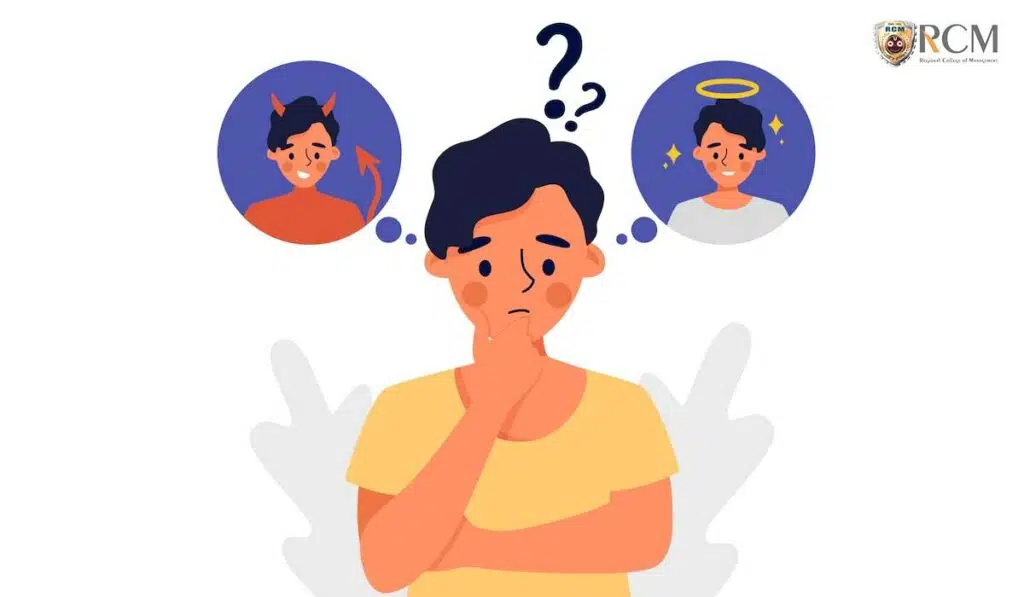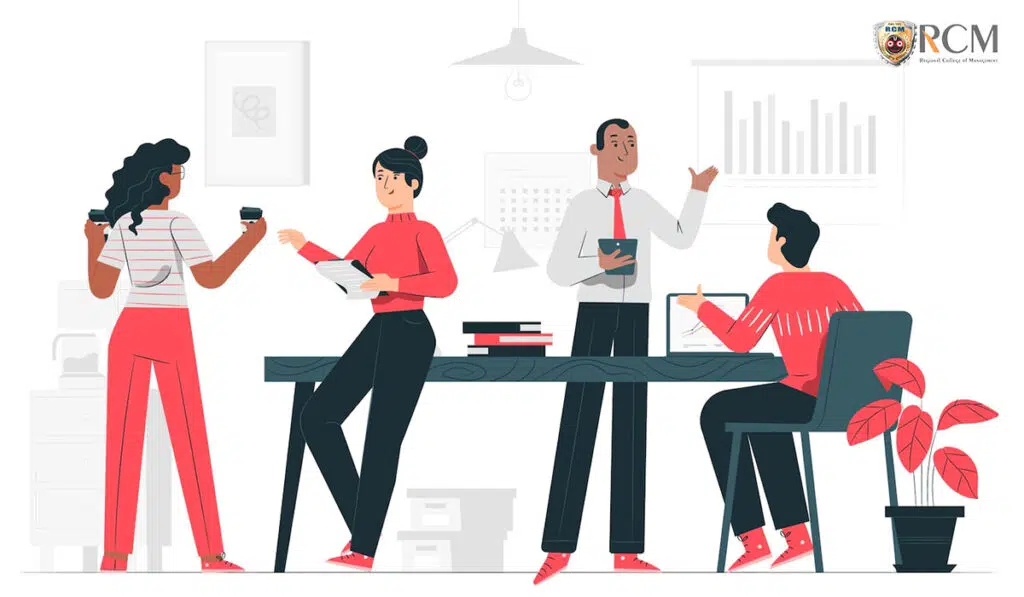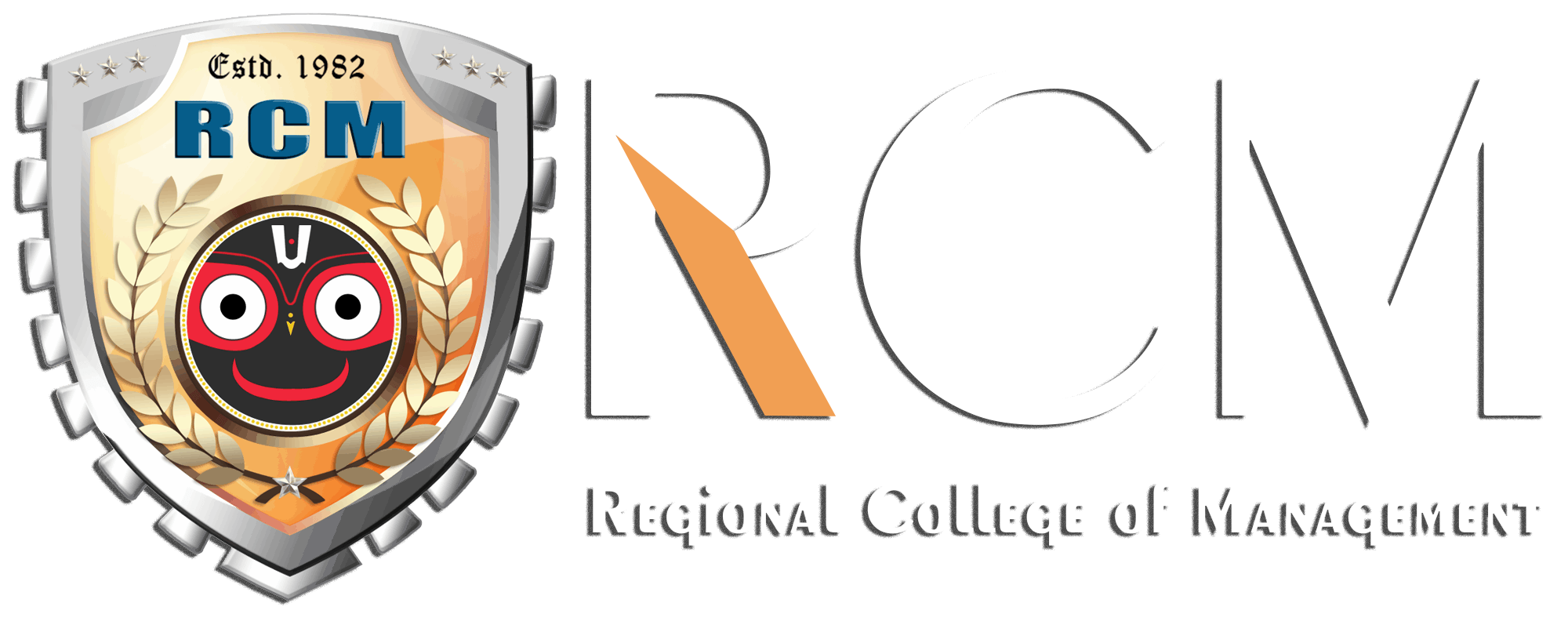The Basic Etiquette Guide View:
Another name for basic etiquette is the simple manners that a human being follows in life that teach a person how to behave, talk, listen, and respond. All these come under the basic etiquette count. There is always a saying that good manners can open doors that no measure of education can. It’s not really that long ago that appropriate manners and etiquette were treated equally with other areas in the training and education of young people to become successful adults. People with education are the most successful in life, but in most cases, the fundamentals of etiquette were lacking, which is why it is critical to learn.
In certain sectors, such learning qualities have been overlooked in recent generations, resulting in an increasing number of individuals and now, their children not learning basic concepts of honouring others and valuing themselves. This blog will concentrate on the areas that are critical to recognise as a young person and as a member of this living humanity.
Why It Matters:

The breadth of manners extends much beyond those precise problems, but they are fundamental to the point of why a greater emphasis on teaching manners and etiquette is required. Excellent manners fulfil a societal expectation. Children are expected to have good manners, and their parents gain greater respect when they do. “The importance of excellent manners in the lives of youngsters.”
In recent decades, young people have begun to raise questions, such as “What’s the big deal about good manners?” To put it another way: “What’s in it for me to sit up straight, say please and thank you, shake hands, and eat food with my mouth closed?” etc.
The answer is that these basic etiquettes are applicable differently in different places and times. In a professional setting, there should be a different method of representation. In a teaching setting, manners should represent in a different way. Every single case, this is something that is required to reflect the personality one carries within itself.
Is It Important?
Etiquette is important since it is a part of our daily lives. It’s not so much about how you use your fork and spoon at the table as it is about putting others at ease, since personality/image is everything and how you project yourself, not just outwardly but also behaviorally, is crucial. You only get one chance to create a first impression.
Good manners are define as “the stoplights of human communication.” They ensure that we do not collide with one another in our daily activities. It does not mean to always look perfect or behave perfectly; it also defines different meanings, such as
- Be respectful.
- Be joyful.
- Be kind and cooperative.
- Be helpful
- Don’t be arrogant.
- Don’t belittle or degrade others.
How To Apply Good Manners In Practice In A Professional Place:
- Choose your words carefully and don’t be in a hurry to make comments on things you don’t understand.
- Consciously think of it before you speak.
- Don’t speak loudly; this may perceive as dominating and impolite, and others will perceive you as a big-mouthed person.
- Speak with respect to and about others by avoiding negative statements that may offend someone else.
- Always respect the elderly, listen to them, and learn from them. This applies to all the elderly, not just parents or grandparents.
- Using the phrases “thank you” and “you are welcome” demonstrates excellent manners to others. These words are not applicable by rude people.
- Please do not use slang or curse words.
- People who do so are perceive as lacking self-control and respect for others, including themselves.
- Keep doors open for anyone following you closely, even if they are the same gender. There are no fix gender standards anymore and breaking them is consider as impolite.

Teaching excellent manners is an exercise in correct etiquette in and of itself. Manners are something we learn at home. Children learn best by example, as they do most key life lessons, by observing and listening to the people in their lives. Expect to get respect. Respect for another person is the foundation of good manners. Good manners are just showing respect and regard for others or being aware of others’ needs. Practicing and teaching excellent manners to the next generation results in a more enjoyable existence today and in the future. Something that we all really need.






















